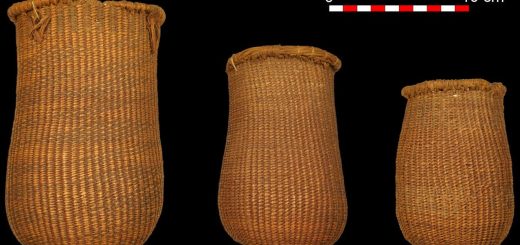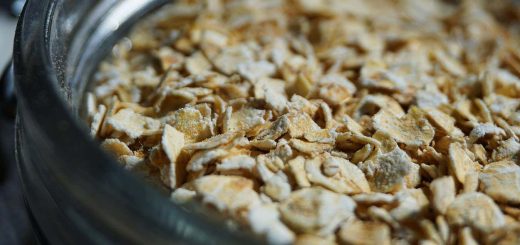Trees on city streets cope with drought by drinking from leaky pipes
Urban trees lining streets fare better in dry spells than those in parks – now it seems that leaky water pipes are the reason for their endurance
By Alex Wilkins
11 July 2025
Trees on the streets of Montreal in Canada benefit from leaky pipes
Catherine Zibo/Shutterstock
Trees growing on city streets are more resistant to drought than those in parks because they are drinking from an unusual water source: leaky pipes.
After long periods with little rain, water levels and sap flow tend to decrease more in trees growing in parks compared with those in streets, but it was unclear why.
Read more
Microturbines can generate electricity from drinking water pipes
To investigate, André Poirier at the University of Quebec in Montreal, Canada, and his colleagues took trunk samples from Norway maple and silver maple trees in parks and streets in two Montreal neighbourhoods. They measured the levels of various lead isotopes – atomically distinct versions of the metal that can indicate unique origins – and then linked the isotope levels to the trees’ recent history by counting the trunk rings.
While the park trees contained lead isotopes normally associated with air pollution, the street trees had isotopes found in lead water pipes, which were made with metal from geologically old deposits in nearby mines.
Maple trees need to consume around 50 litres of water per day. Since street trees can’t get much of this from rainwater, which falls on concrete and drains into the city’s sewers, Poirier says the most likely explanation is that it is coming from Montreal’s leaky pipes, which lose 500 million litres of water per day.


